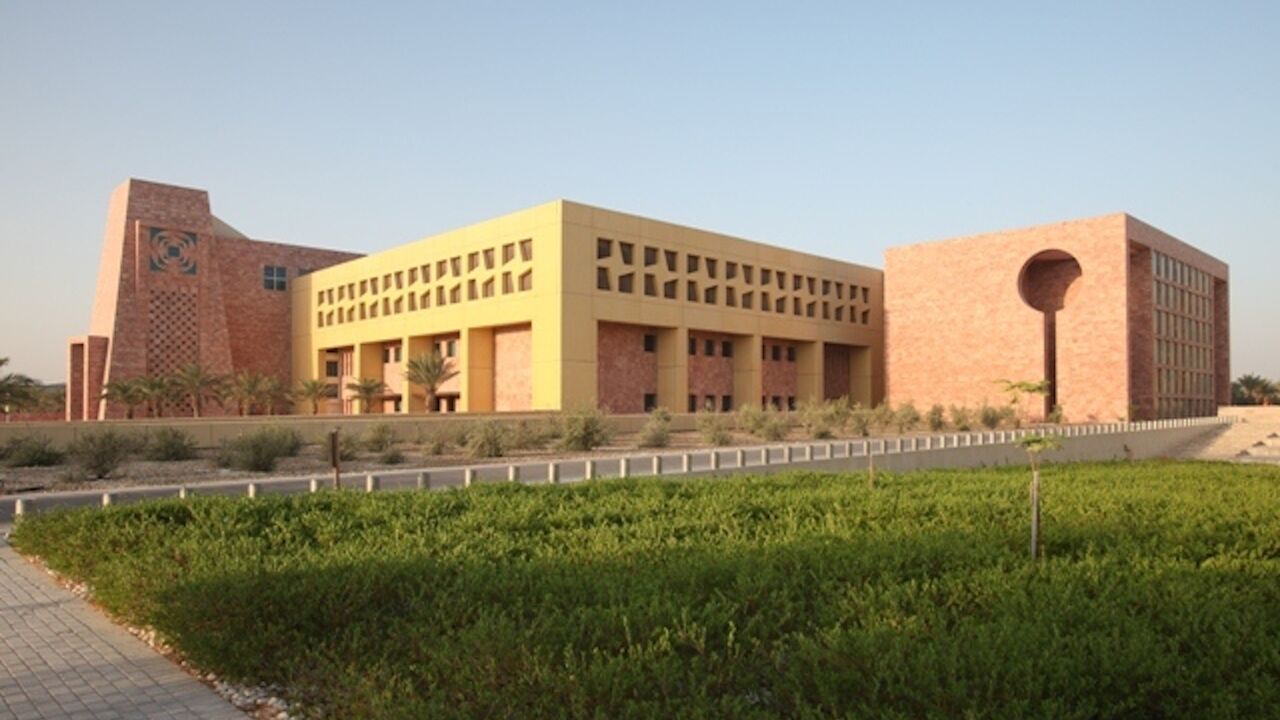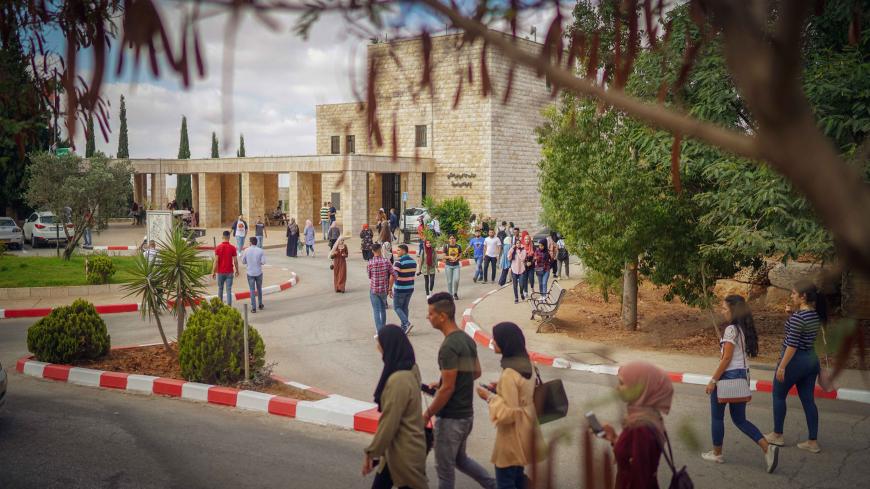Qatar Foundation blames 'disinformation' for Texas A&M closure
The US university decided to to close its branch in the Gulf state due to “heightened instability” in the region amid the war in the Gaza Strip.

A major Qatari nonprofit organization accused a US university on Friday of falling prey to a “disinformation campaign” after the school voted to end its presence in the Gulf state.
What happened: Texas A&M University’s Board of Regents voted on Thursday to shut down its Qatar campus. In a statement, the board said it “decided to reassess the university’s physical presence in Qatar in fall 2023 due to the heightened instability in the Middle East.”
Texas A&M is located in the eponymous US State. The university’s Qatar campus, located northwest of Doha, opened in 2003 and offers undergraduate and graduate programs in engineering, according to the university’s website.
The Qatar campus operates under a contract with the Qatar Foundation — a Qatari state-led educational nonprofit. The board voted to terminate the contract with the foundation and the arrangement will end in four years under the deal’s terms, according to the statement.
“The board has decided that the core mission of Texas A&M should be advanced primarily within Texas and the United States,” said its chair, Bill Mahomes, adding, “The work in Qatar is great work.”
The Qatar Foundation released a statement in response on Friday, accusing Texas A&M of being “influenced by a disinformation campaign aimed at harming the interests” of the foundation.
“It is disturbing that this disinformation has become the determining factor in the decision and that it has been allowed to override the core principles of education and knowledge, with no consideration to the significant positive impact that this partnership has brought for both Qatar and the US,” it read, without going into further detail.
In early January, an organization called the Institute for the Study of Global Antisemitism and Policy released a report questioning Qatar’s relationship with Texas A&M with regard to nuclear science. The university’s president, retired Gen. Mark Welsh III, denied the report’s claims in a statement that month, saying that Texas A&M does not have a nuclear engineering program in Qatar.
A spokesperson for Texas A&M told Al-Monitor on Friday that the “misinformation campaign” about the school’s presence in Qatar “had no bearing” on the decision.
“The Qatar Foundation is jumping to an unfortunate and incorrect conclusion,” said the spokesperson.
The spokesperson added that the decision to close the Qatar campus was made following an evaluation of the political situation in the region and that deliberations on the matter predate the controversial report.
“Discussions about branch and remote campuses are ongoing and had begun before false information was reported about Texas A&M and Qatar,” said the spokesperson.
The Qatar Foundation did not immediately respond to Al-Monitor’s request for comment.
Why it matters: Texas A&M’s decision comes amid concerns the regional spillover of the Israel-Hamas war could worsen. In addition to the fighting in Gaza, the United States is engaged in fighting with Iran-backed militias in Iraq and Syria, and Israel and Hezbollah continue to clash.
Qatar notably hosts several top Hamas officials, including the leader of the group’s political wing, Ismail Haniyeh. Qatar also hosts the Al Udeid Air Base used by the US military.
Know more: Texas A&M is not the only major university with a presence in Qatar. Georgetown and Northwestern both have campuses in the Gulf state.









